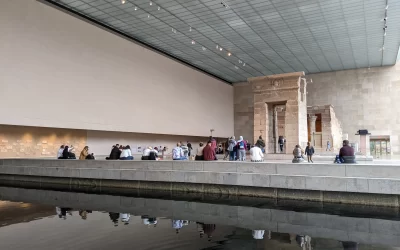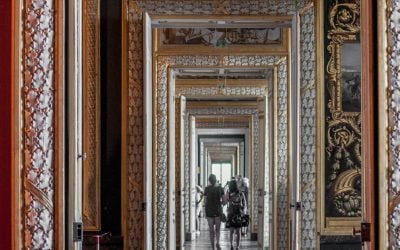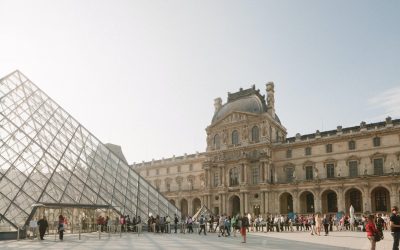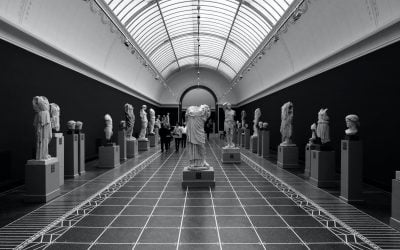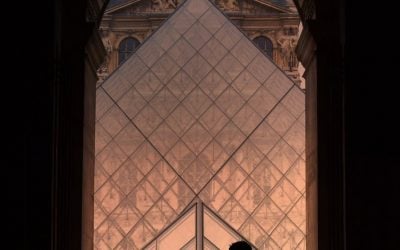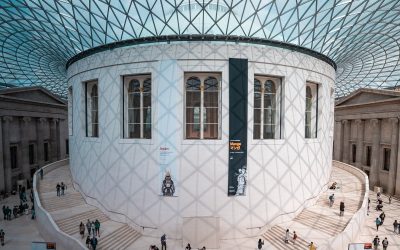My Blog
Differentiating 501(c)(3) Public Benefiting Art Museums from 501(c)(7) Social Clubs
This article compares the differences between 501(c)(3), community benefiting nonprofits, and 501(c)(7), social clubs, and applies them to discussing legal obligations in the field of art museums that are mostly 501(c)(3) tax-exempt organizations. In doing so, it...
Toward a Deep Learning Museum
In my new book, Transforming Museum Management, I call an ideal museum a deep learning museum that is not afraid of transforming internally to respond to changing external pressures and needs. A deep learning museum is based on the ideas of a learning organization...
Utilizing Systems Intelligence to Trigger Museum-Wide Change
As I explain in my new book, Transforming Museum Management, there is a limitation to museum transformation when the internal structure and culture and the museum workers’ mental models are not changed and do not reflect the wider community they want to serve. Systems...
What Is the Concept of Mutual Causality in Understanding Museum Changes?
Alongside open systems theory, the Buddhist concept of mutual causality (Macy, 1991) is crucial in understanding different social systems such as museums. The concept of mutual causality explains change to be a complex process, occurring in a typically non-linear...
What Is Open Systems Theory in Museums?
In my new book, Transforming Museum Management, I propose a theory of change based on open systems theory and Buddhist concept of mutual causality to transform museums to be more inclusive and relevant to their local communities. Open systems theory, originally...
Why Do Transformational Changes of Museums Matter?
My new book, Transforming Museum Management, scheduled to be released in July 2021, provides a theory of change for a traditional art museum (and other museums) to transform to be more relevant and inclusive. The book is based on a longitudinal ethnographic study over...

